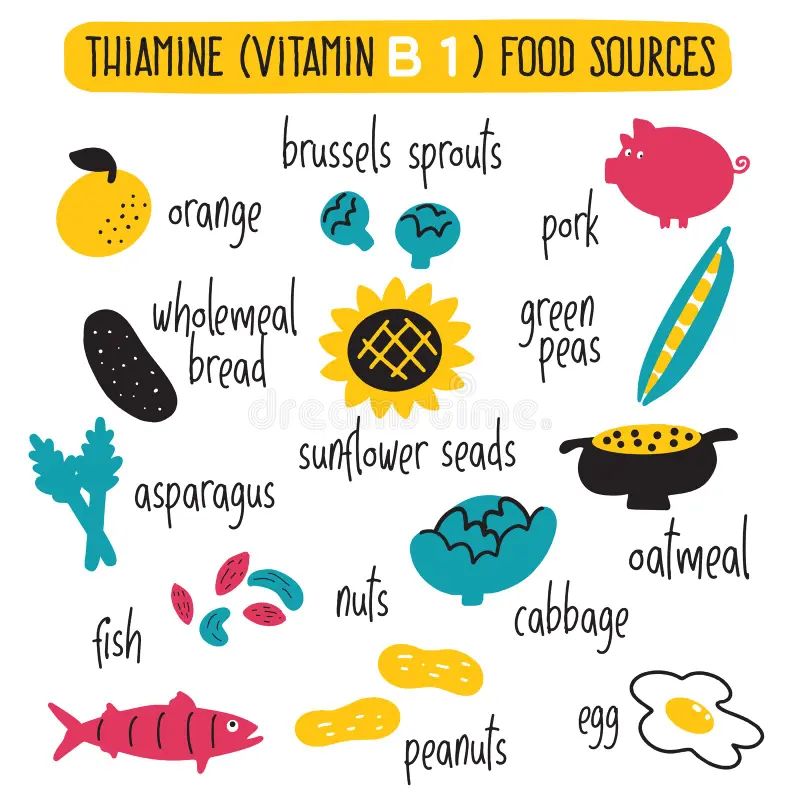The Chemistry of Energy:
Understanding the Key Ingredients in Energy Drinks
Energy drinks have surged in popularity over the last two decades, marketed as quick fixes for fatigue and concentration. Behind their bold branding lies a carefully engineered blend of stimulants, amino acids, vitamins, and sugars (or sweeteners) designed to deliver a rapid energy boost. Here, we break down the key components—caffeine, taurine, B-vitamins, and sugars/sweeteners—to help readers make informed choices about their consumption.


Caffeine: The Core Stimulant
Caffeine is the central nervous system stimulant that provides the hallmark alertness boost in energy drinks. An 8 fl oz (237 mL) serving typically contains around 79 mg of caffeine—comparable to a small cup of brewed coffee. Some larger formulations, such as 16 fl oz cans, can deliver upwards of 200 mg of caffeine per serving.
Mechanistically, caffeine exerts its effects by blocking adenosine receptors in the brain, preventing the “sleep-promoting” neurotransmitter adenosine from binding, which leads to vasoconstriction and the release of adrenaline-like hormones. The U.S. Food and Drug Administration (FDA) advises healthy adults to limit total caffeine intake to no more than 400 mg per day—roughly equivalent to two to three standard energy drink servings or four to five cups of coffee.
Taurine: Cell Support
Taurine, a sulfur-containing amino acid, is found in many energy drink formulas at doses ranging from 750 mg to 1,000 mg per 8 fl oz serving. Although endogenous synthesis in the liver meets most dietary needs, supplemental taurine in beverages is hypothesized to support cell membrane stabilization and calcium signaling.
Functionally, taurine contributes to bile salt formation in the liver, helps maintain fluid and electrolyte balance, and supports neurotransmission in the central nervous system. While research on taurine’s direct ergogenic effects is mixed, it remains a staple ingredient for its purported synergistic action with caffeine and other compounds.
B-Vitamins: Metabolic Boosters
Most energy drinks are fortified with water-soluble B-vitamins—namely niacin (B₃), pantothenic acid (B₅), pyridoxine (B₆), and cobalamin (B₁₂)—which serve as co-enzymes in energy-yielding metabolic pathways. These vitamins facilitate the breakdown of carbohydrates and fats into useable cellular energy and contribute to the reduction of tiredness and fatigue.
However, potencies often far exceed daily requirements. For example, a 12-ounce Red Bull can deliver approximately 360 % of the recommended daily allowance (RDA) for vitamin B₆ and 120 % of the RDA for vitamin B₁₂ in a single serving. While such levels are generally non-toxic due to the water-soluble nature of B-vitamins, excess intake offers no additional energetic benefit for most individuals.
Sugars vs. Sweeteners
Sugars remain a quick source of carbohydrates in many energy drinks. A standard 8.4 fl oz can of Red Bull contains about 27 g of sugar, delivering roughly 110 calories per serving. In comparison, a 16 fl oz can of Monster Energy packs nearly 54 g of added sugars—more than the American Heart Association’s recommended daily limit for women (25 g) and close to the limit for men (36 g)
To cater to sugar-conscious consumers, many brands offer sugar-free or “zero” variants sweetened with artificial sweeteners such as sucralose and acesulfame K. These formulations aim to mimic the sweetness of sugar without the caloric load but may carry their own considerations for taste and long-term health.
Energy drinks can be an effective short-term aid for combating fatigue, but moderation is key. Staying within the FDA’s 400 mg daily caffeine limit—equivalent to about two 16 fl oz energy drink cans—helps minimize risks such as jitteriness, sleep disturbances, and cardiovascular strain. Pairing energy drink intake with adequate hydration, balanced meals, and limiting added sugars can further support healthy use. As with any stimulant product, individuals with preexisting heart conditions, pregnant or breastfeeding people, and adolescents should exercise extra caution or seek medical advice before consumption.
Are you impressed ?
Energy drinks combine ingredients like caffeine, taurine, and B-vitamins to deliver an extra boost of energy and focus. Please consume them responsibly—adhere to recommended daily limits and stay properly hydrated. Always balance their use with a healthy diet, quality sleep, and regular exercise. If you have any health concerns or pre-existing conditions, consult a healthcare professional.